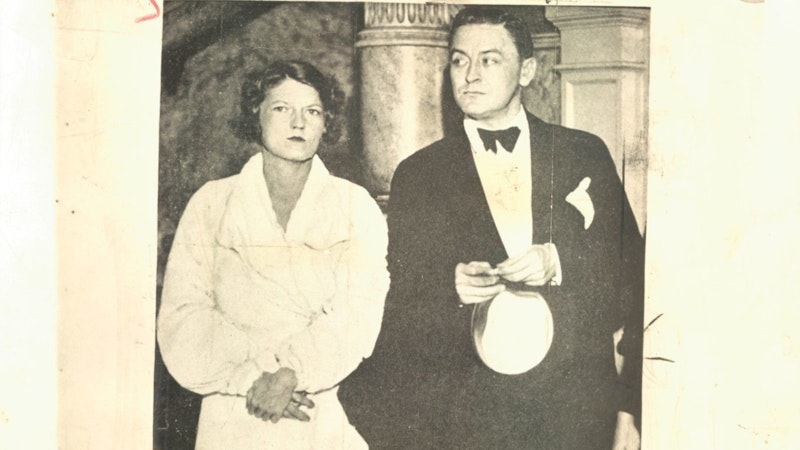In contrast to writers like Henry Miller, Charles Bukowski, Hubert Selby, there’s a school of American literature whose basic principle is the unashamed acceptance of social privilege as a reality. It probably began with Henry James. His characters, the first generation of wealthy-industrialist Americans, are often from the upper, monied classes of the American social scene. Another is J. D. Salinger, a writer whose recurring characters, the Glass family, though not as rich as James’, are New York entertainment bluebloods. Jay McInerny is another whose characters are from the privileged classes. But it was F. Scott Fitzgerald who played up money and high social status as a theme.
I don’t think this social privilege represents a problem for many readers because in America the idea is that that kind of wealth, since not linked to Royal birth, is available to everyone. Also, since many these characters suffer from all sorts of horrifying problems there’s a bit of satisfying revenge at work. I’ve always enjoyed the writing of Fitzgerald. The Great Gatsby is a very likable book, filled with a sort of optimism that Americans like myself enjoyed when they were younger and that it ends in tragedy gives it a feeling of profundity. It’s like Horatio Alger or The Rover Boys made believable. But it’s not my favorite. There have been just a few books that have had the same effect on me as Tender is The Night. The careful process which leads to the last chapter of that book with its depiction of the descent into the hell of Dick Diver’s life had a visceral effect upon me. I felt sick while reading it, as if I was handling something unclean, ruined, lost. He thought he could join the party of the rich but he was wrong.
But though I enjoy Fitzgerald’s writing, there’s a certain aspect of it which, when it appears, casts a sour note. His habit of including pithy sentences for effect draw attention to themselves and break an otherwise smooth narrative. Oscar Wilde does this as well. Wilde, who’s constantly including these asides, made it a hallmark of his style, most notably in The Portrait of Dorian Gray. Wilde’s interjections have an effect akin to witty remarks made at a sophisticated dinner party to which we’ve been invited. For Fitzgerald they seem less natural, not unlike the self-improvement list he attributes to Jay Gatsby. Maybe I’m nitpicking.
I discovered that Fitzgerald kept a notebook with pithy remarks, observations, snippets of songs, and overheard dialogue for use in his stories and novels. Fitzgerald arranged them under alphabetized headings beginning with “Anecdotes” and ending with “Youth and Army.” They were published posthumously, together with a number of short stories and some of his correspondence. One of my favorite remarks is found under O for “Observations”:
“This being in love is great—you get a lot of compliments and begin to think you’re a great guy.”
That sums up perfectly something I’ve felt, the feeling of self-acceptance one finds when loved. I can understand Fitzgerald’s habit for collecting phrases. First, it makes you a more attentive listener, even a spy. You hear things and they seem like prisms to subconscious realms. While writing this article I decided to pay careful attention to whatever people said to me, to see if I too could assemble a catalogue of interesting remarks. I only got a few, and they aren’t of the upper-crust type—maybe that’s because I’m not hanging out at the Ritz or the Hotel George V as often as I should.
“Maybe I could pick up a few extra hours working in a Sex Shop.”
“I’ve never been so happy in my life… So why do I feel miserable?”
“I’ve been mulling it over, I think I’ll buy a Glock.”
“You want to go out back and collect crack vials?"

